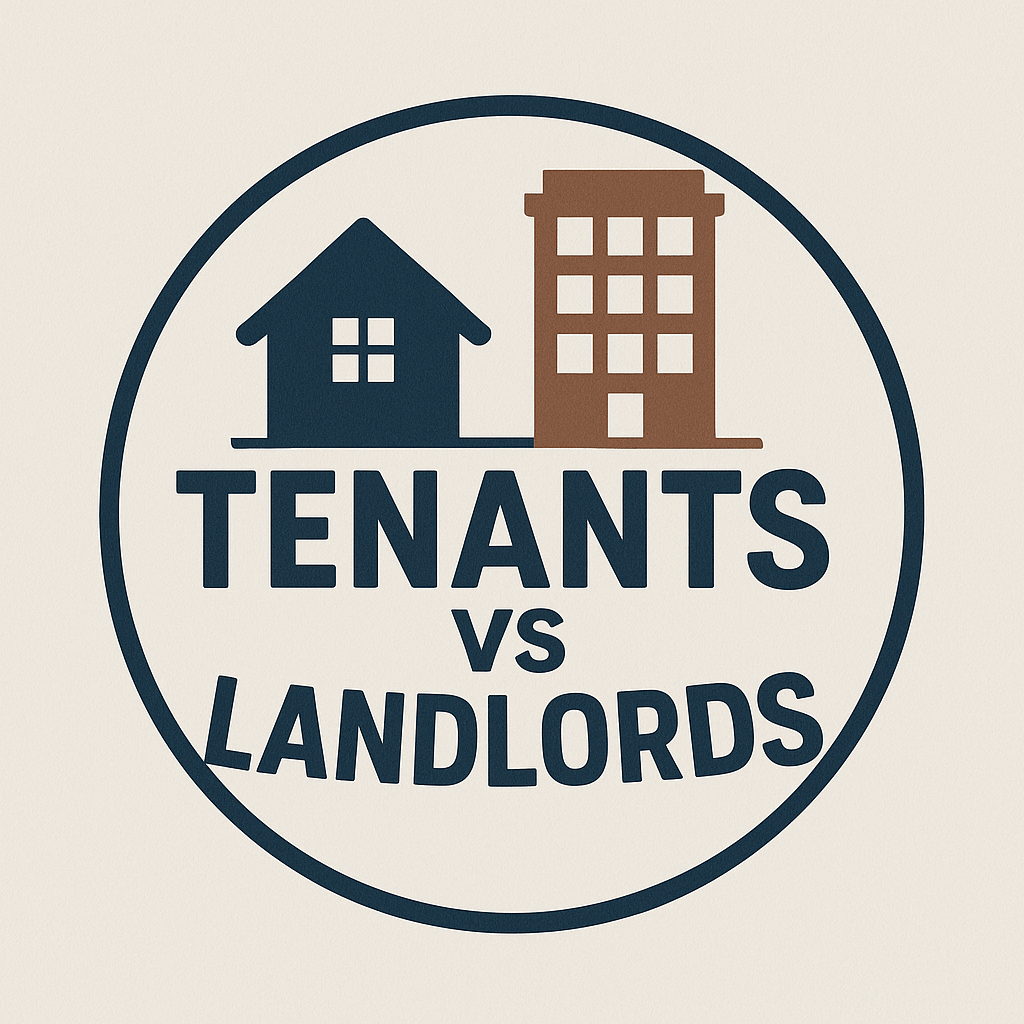
Tenant vs Landlord Cleaning Responsibilities: What St. Louis Area Residents Need to Know
Tenant vs landlord move out cleaning is one of the most misunderstood parts of ending a lease. Who’s responsible? What qualifies as “clean enough”? At Clean Town and Country, we specialize in move-out cleaning services across the greater St. Louis area—from Town and Country and Ladue to Clayton and Creve Coeur. We’ve seen it all: security deposit disputes, miscommunication, and unnecessary stress. This guide helps both tenants and landlords know their rights, set clear expectations, and keep things clean.
Quick Tip: Before moving in, take time-stamped photos of the property and keep them. This documentation can be your strongest ally in ensuring you get your security deposit back. (Better Homes & Gardens
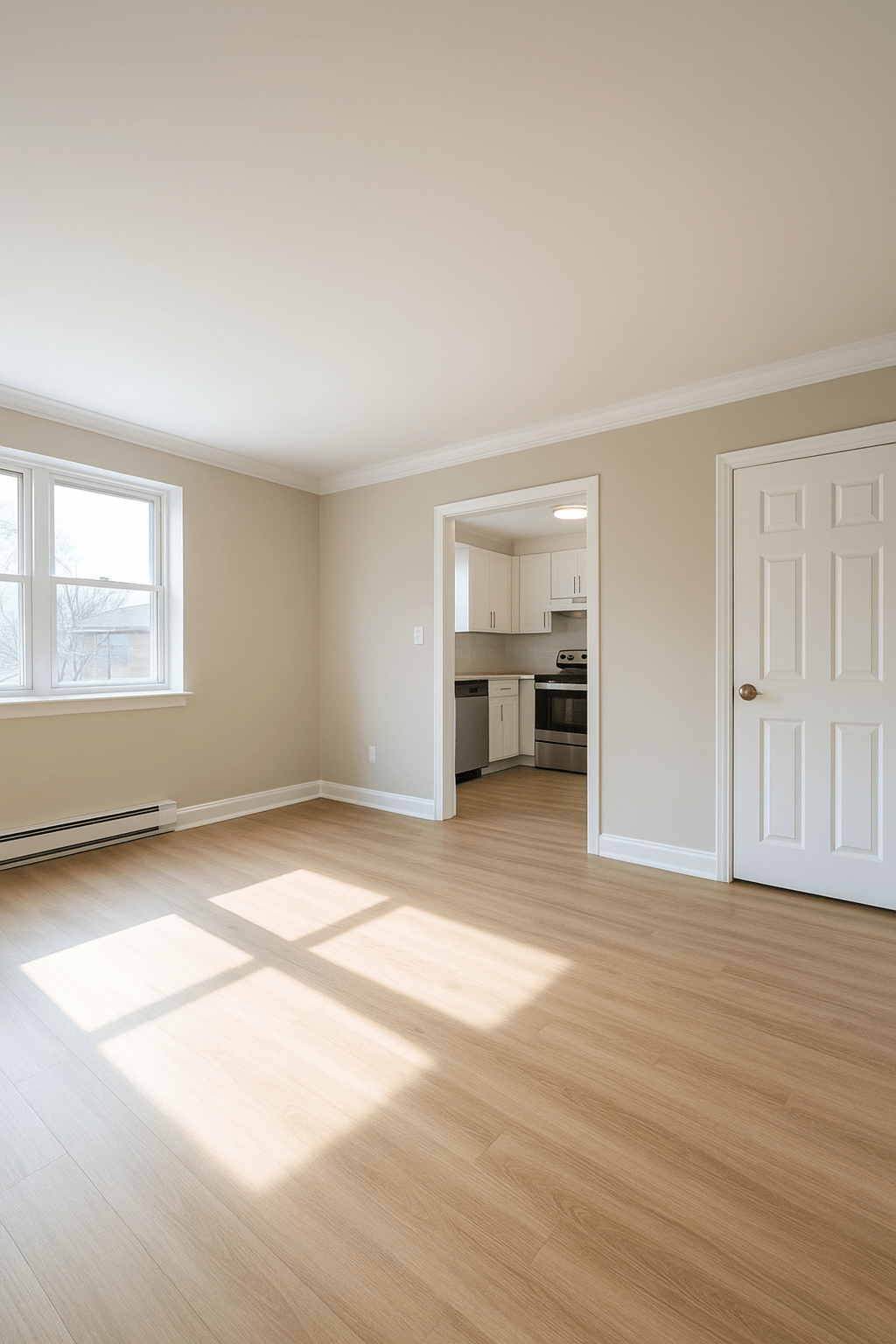
Move-Out Cleaning Responsibilities in Missouri
Missouri law, like many states, requires tenants to return the rental unit in the same condition it was in at move-in, minus normal wear and tear. However, how “clean” is defined can vary, leading to disagreements.
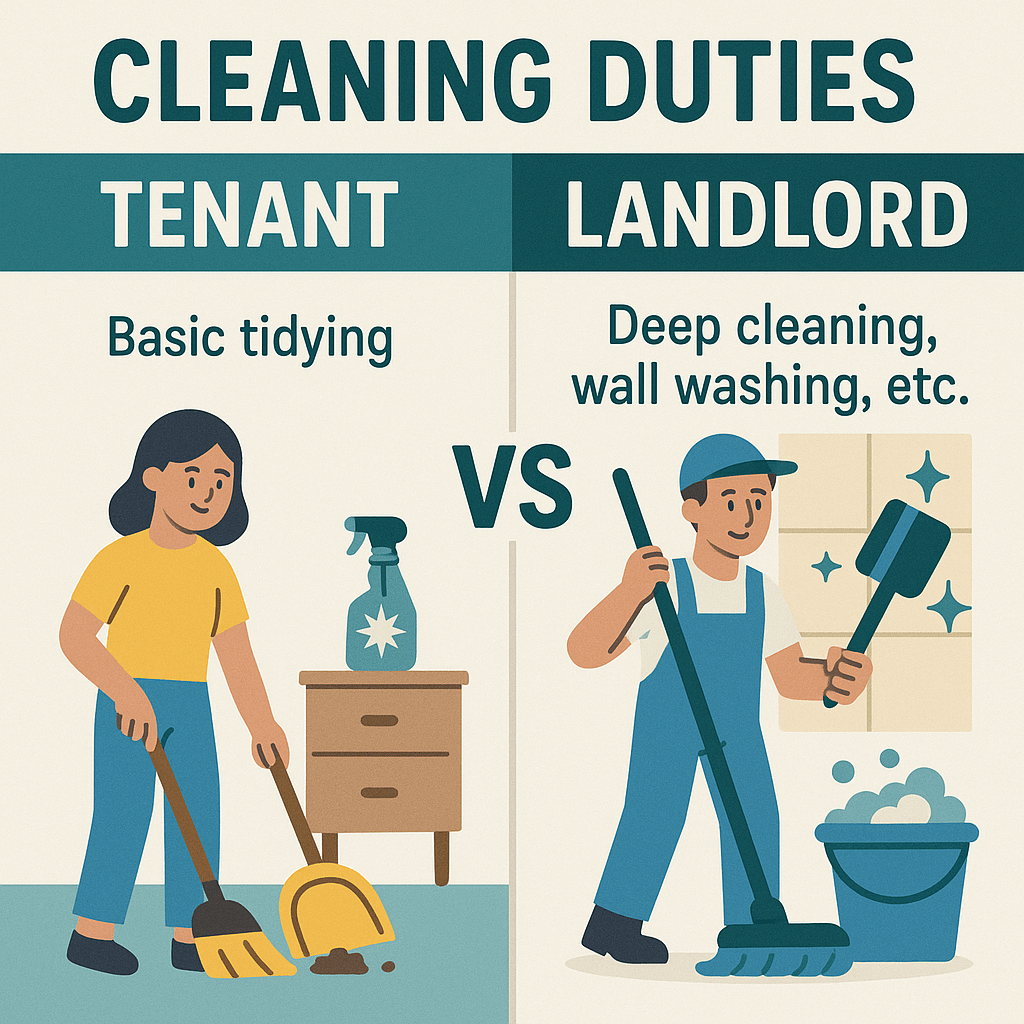
Tenant Obligations
- Remove all belongings and trash
- Clean appliances inside and out
- Sanitize bathrooms and kitchens
- Vacuum, sweep, and mop floors
Landlord Responsibilities
- Provide an itemized list of deductions within a reasonable period (commonly 30 days in Missouri)
- Can only charge for cleaning if the unit is left unreasonably dirty
- Cannot deduct for normal wear and tear
Sources:
Cleaning Tips to Protect Your Security Deposit
Tenants often lose part of their deposit due to missed areas. Whether you rent in Frontenac or Olivette, knowing what landlords inspect helps you avoid deductions.
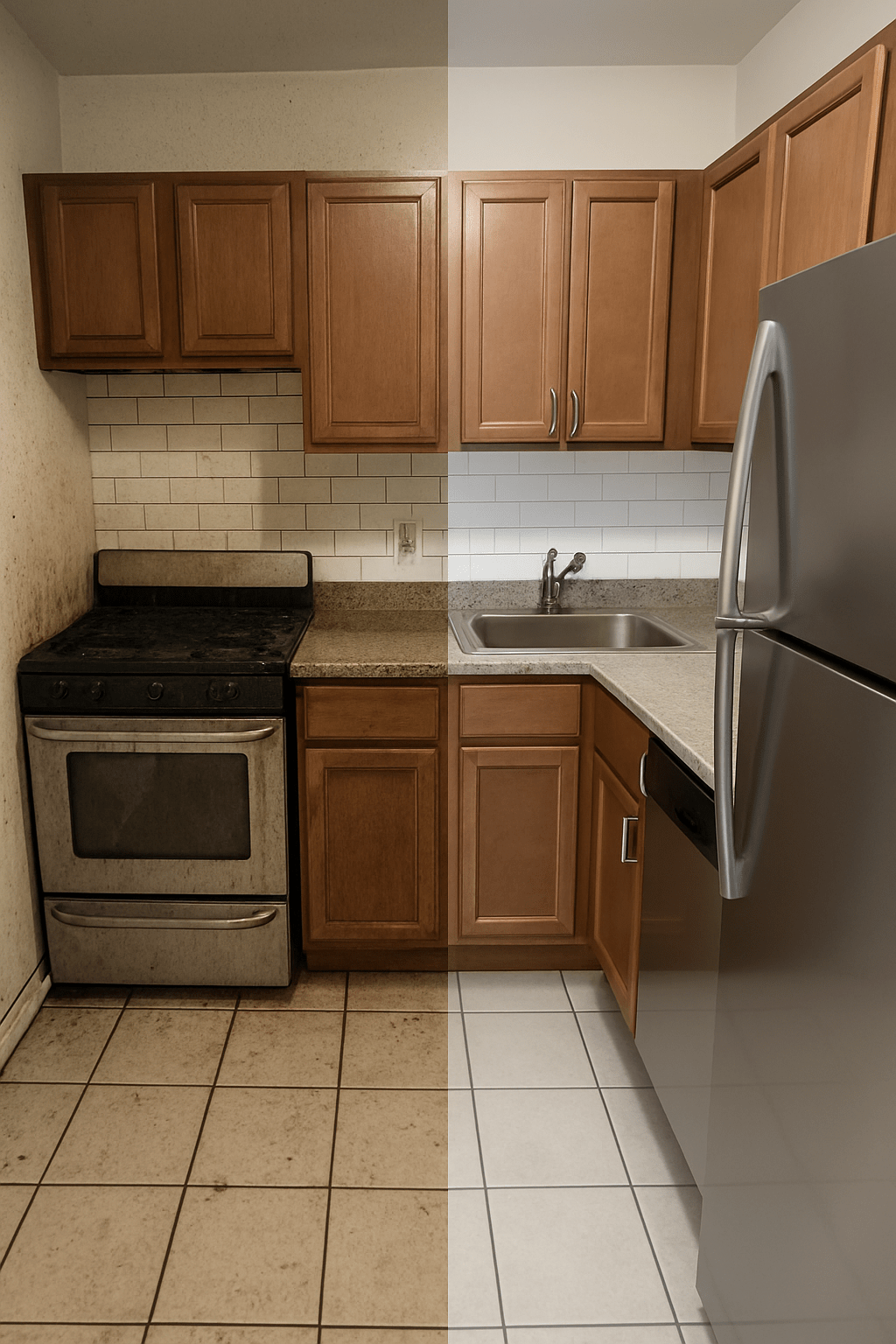
Commonly Overlooked Cleaning Spots
- Inside oven, fridge, and microwave
- Bathroom grout and shower corners
- Baseboards and vents
- Ceiling fans and behind furniture
Hire the Pros and Save Your Deposit
Clean Town and Country helps tenants leave their homes spotless. Whether you’re leaving a family home in Ladue or a condo in Clayton, we’ll handle the dirty work so you don’t lose your deposit.
👉 Schedule a professional move-out clean in St. Louis — we offer complete post-lease cleaning services for renters in apartments, condos, and homes.
Turnover Cleaning for Landlords in St. Louis
Property managers and landlords need quick turnovers. Clean Town and Country delivers reliable, flexible landlord turnover cleaning services to reset your rental for showings.
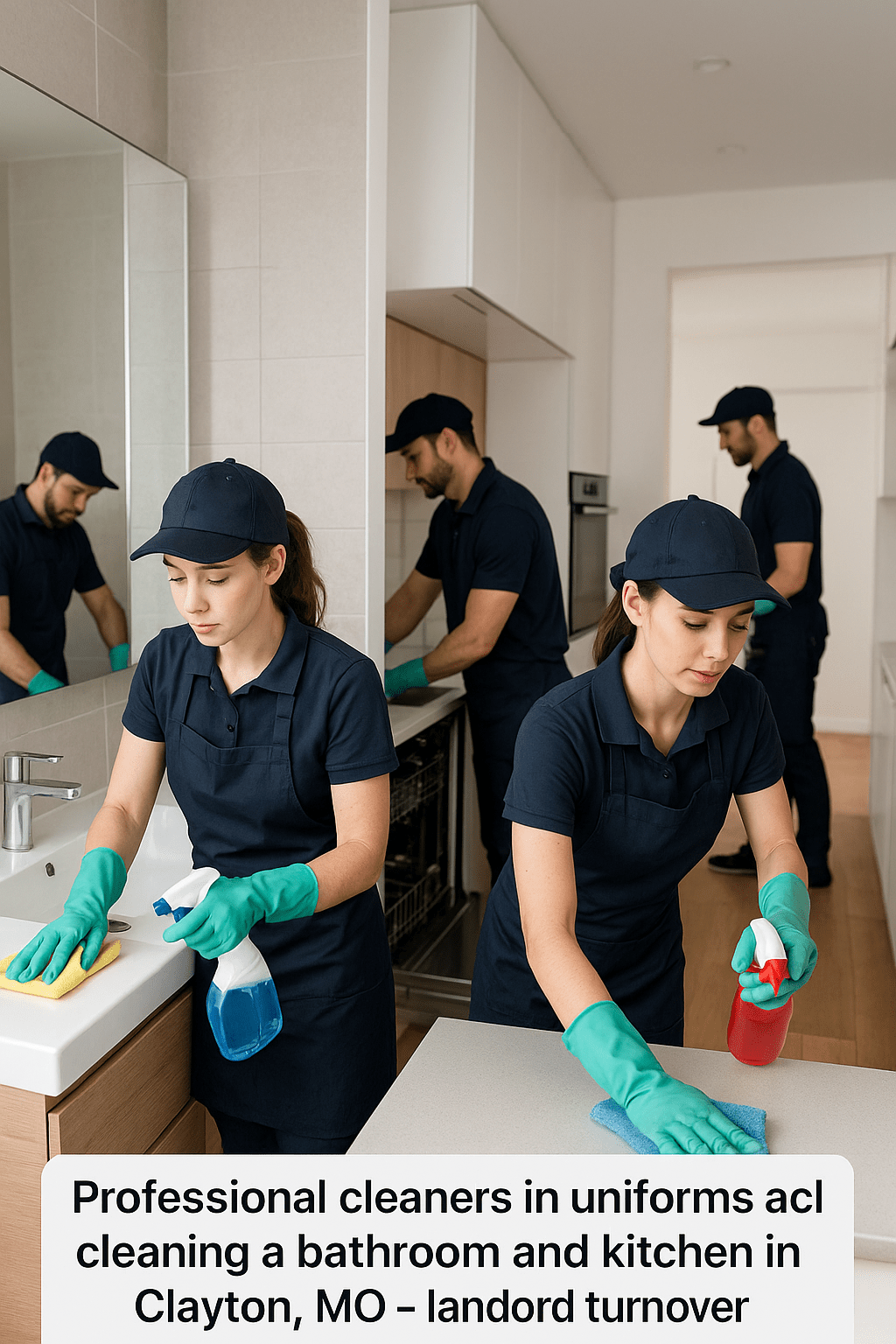
When You Can Deduct Cleaning Costs
- Trash or damage left behind
- Stains, grease, or mold buildup
- Rooms left unreasonably dirty
When You Can’t Deduct
- Light dust or surface smudges
- Faded walls or flooring
- Damage noted at move-in
👉 Explore our Airbnb turnover cleaning services in St. Louis to ensure your property is guest-ready.
Local Move Out Cleaning Scenarios Around St. Louis
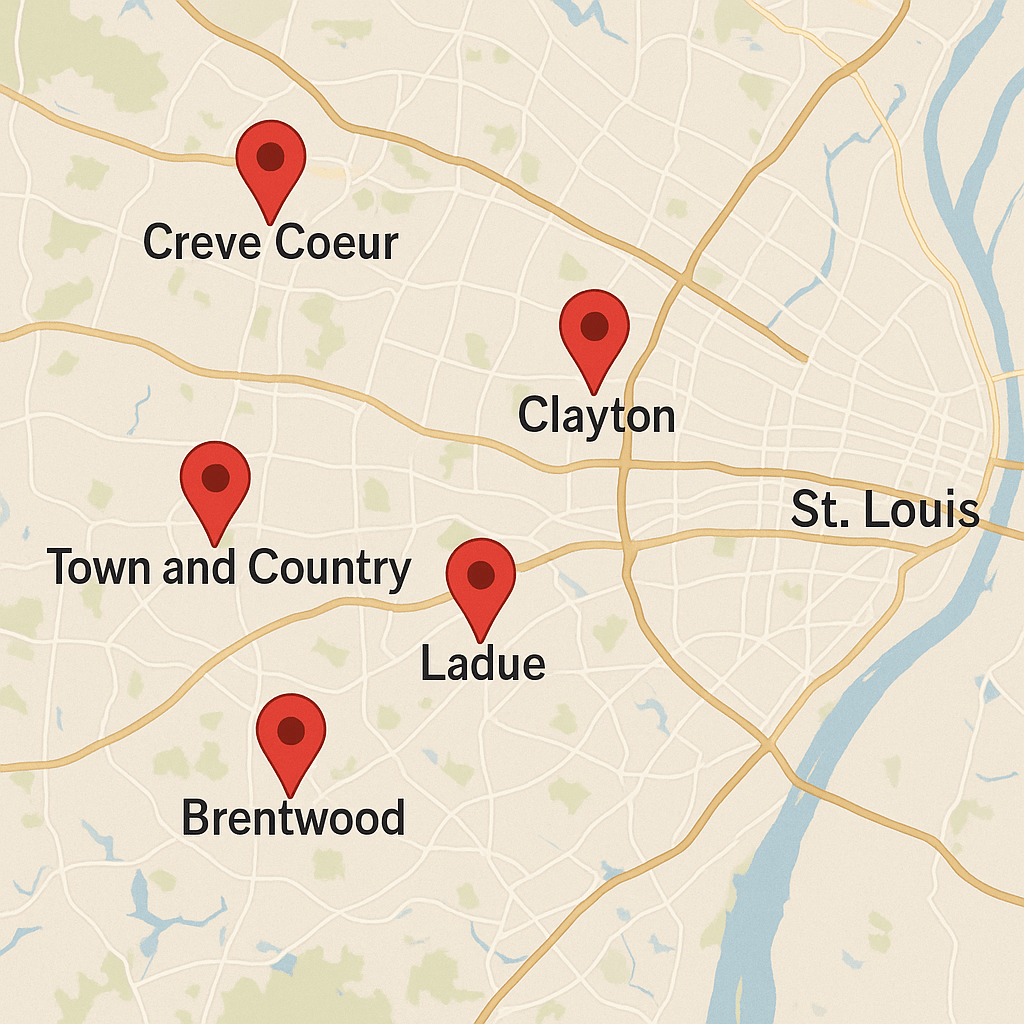
Neighborhood Snapshots
- Town and Country: Large family homes often require full-service deep cleaning
- Clayton: High-rise rentals demand attention to detail before inspection
- Creve Coeur & Olivette: Tenants here value professional help to meet move-out standards
👉 View our local cleaning services in Town and Country
DIY vs Professional Move-Out Cleaning
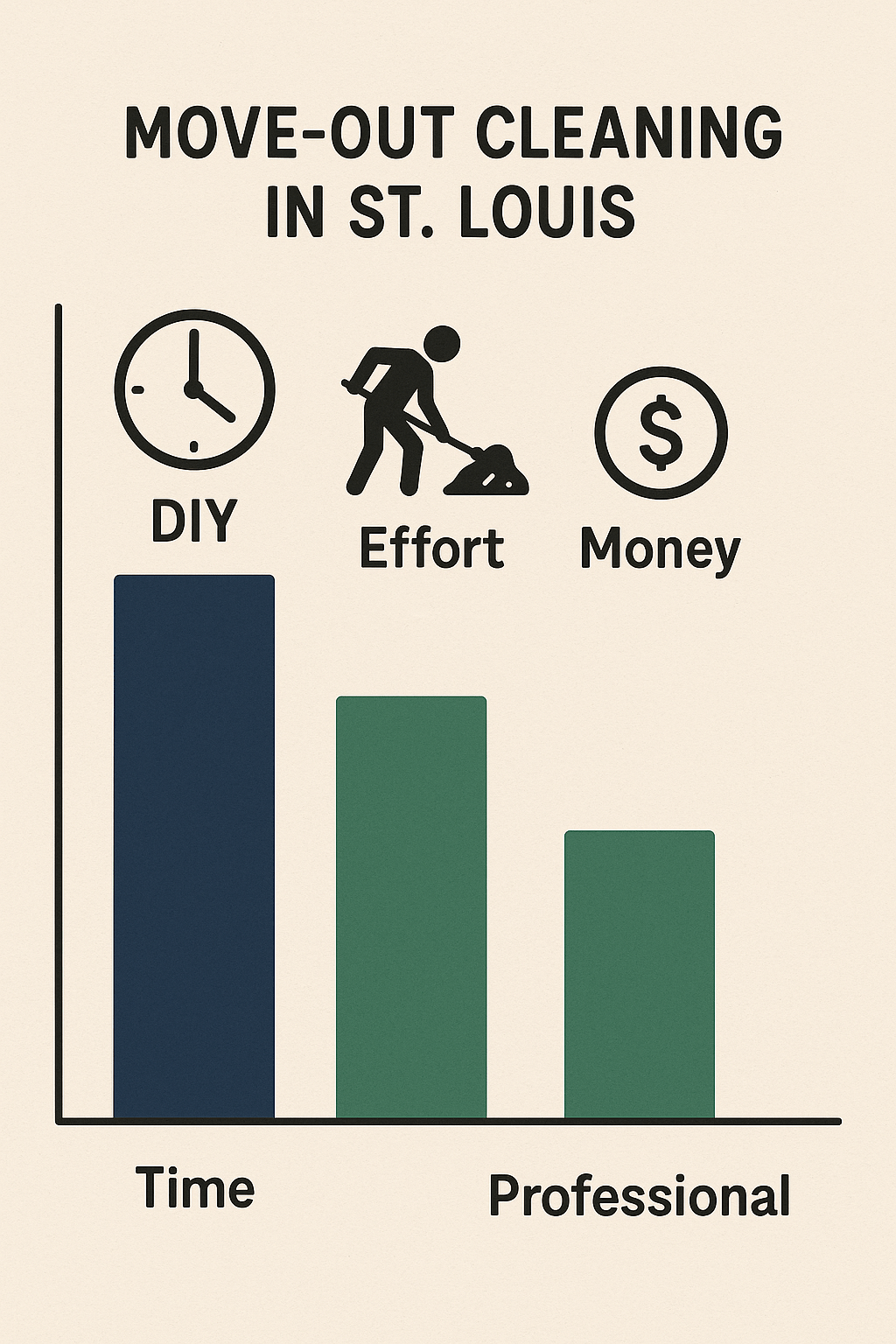
The Cost of Cutting Corners
Tenants who skip professional cleaning may lose hundreds from their deposit. Our flat rates for move-out house cleaning services are often less than what landlords charge for post-move deductions.
What We Include
- Kitchen and bath deep cleaning
- Floors, baseboards, and blinds
- Inside windows and appliances
- One-time deep cleaning services for tenants
- Weekly house cleaning services to help renters stay ahead before move-out
Wrap-Up: Move Out Cleaning Help for Tenants and Landlords
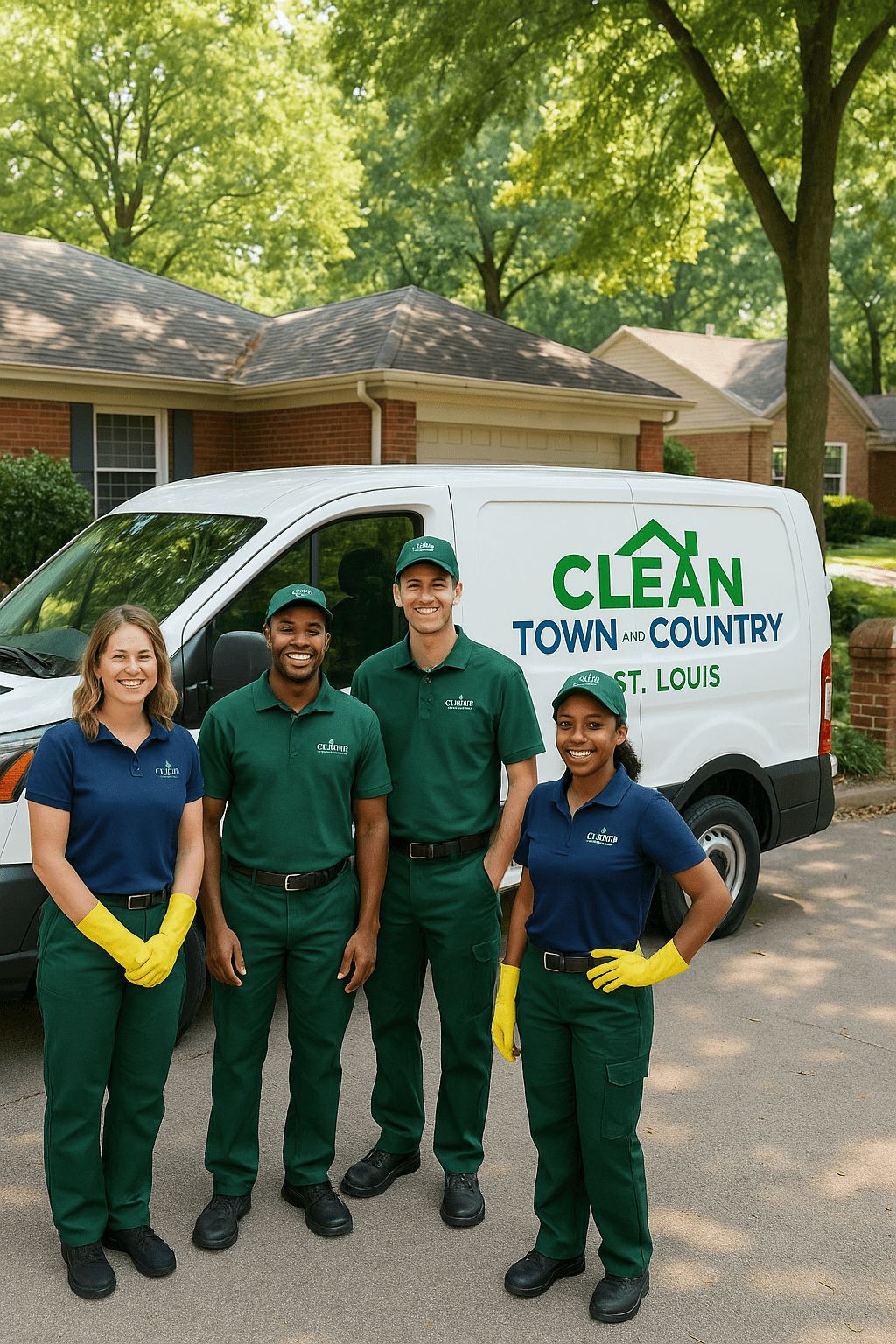
Whether you’re a tenant trying to recover your deposit or a landlord prepping for the next lease, let Clean Town and Country take care of the cleaning.
📞 Call us at 314-888-5325 📧 Email: [email protected] 🔗 Get your quote or book online now
✨ Trusted by St. Louis Homeowners & Property Managers. Always Spotless. Always Professional. ✨
More blog articles:
Can Apartments Charge You for Cleaning?
What Is Move Out Cleaning? The Ultimate Guide to Airbnb Turnover Cleaning Services
